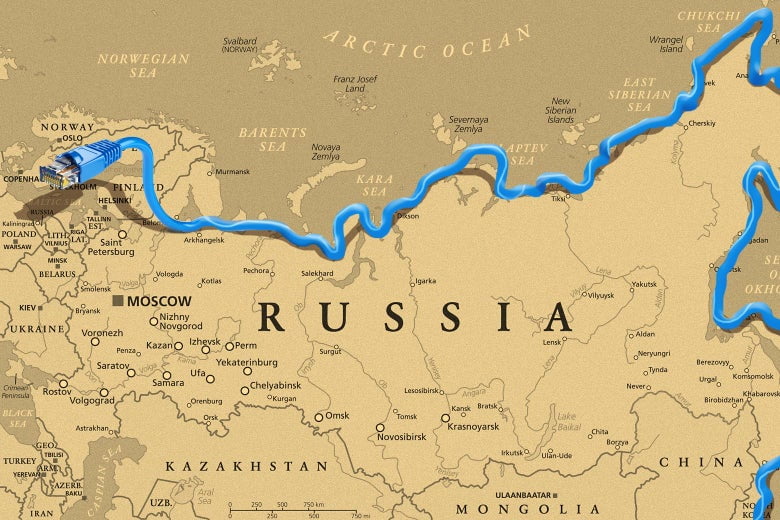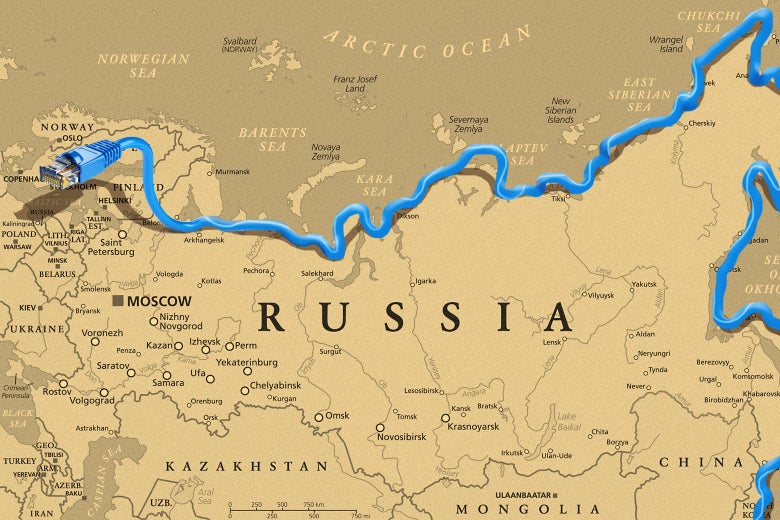![Iran's government imposed a week-long internet blackout after protests broke out across the country following a surprise hike in the price of petrol [File: Nazanin Tabatabaee/WANA via Reuters]](https://www.aljazeera.com/mritems/imagecache/mbdxxlarge/mritems/Images/2019/11/27/b07f7a3f13b840f786c7bae3e18d4713_18.jpg)
Tehran, Iran – Iranians are getting their digital lives back on track following a nearly seven-day long blackout that severed internet access for most of the country.
Imposed by the government following protests that broke out in response to a surprise petrol price hike, the blackout disrupted daily routines, postponed university application plans and dealt a blow to the bottom lines of many businesses.
The restoration of internet access, which started late last week, has been greeted with relief by millions, while the country’s information minister has reassured the public that the government values global online access.
Still, many Iranians are struggling to process the implications of being barred from digital global infrastructure that has become essential to the smooth functioning of everyday life and commerce.
It was a major jolt for us all.
TEHRAN RESIDENT
‘We are all alone’
Iran’s National Security Council cut internet access in certain parts of the country after protests erupted in the wake of a petrol rationing scheme announced abruptly at midnight on November 15.
The rationing plan, which slashed subsidies and dramatically raised petrol prices, is designed to fund cash benefits for Iran’s poorest citizens during a time of profound economic stress for low and middle-income Iranians.
The country’s oil sales have slowed to a trickle as the economy has been crippled by successive waves of United States sanctions reimposed after the administration of President Donald Trump unilaterally withdrew from Iran’s nuclear deal with world powers.
By afternoon on November 16, all civilian fixed-line and mobile phone internet connections across Iran had been severed.
“I think it was a major jolt for us all,” one Tehran resident told Al Jazeera, asking for his name to be withheld to protect his privacy.
At the apex of the blackout, Iran’s internet connectivity levels flatlined at 5 percent for several days, according to non-governmental internet governance observatory NetBlocks.
Iran’s leadership has blamed “thugs” linked to exiles and foreign adversaries, including the US, Israel and Saudi Arabia, for instigating the anti-government protests – the most violent to sweep the country in a decade.
On Monday, Amnesty International said at least 143 demonstrators were killed across Iran. Iranian officials have called previous estimates by the rights group “speculative” and said only casualty figures confirmed by the government are reliable.
As connectivity started being restored late last week, frustration and anxiety rippled across Persian social media.
“God has forgotten us, the world has forgotten, we are all alone, we only have ourselves!” read one tweet posted over the weekend.
I believe that living without the virtual space and without connecting to the global network is no longer imaginable.
IRAN MINISTER OF INFORMATION AND COMMUNICATIONS TECHNOLOGY, MOHAMMAD JAVAD AZARI JAHROMI
‘National information network’
While most lives were disrupted by the blackout, local services including bank transactions continued unhindered, thanks to what Iranian officials refer to as the “national information network” – a country-wide intranet supported by domestic digital infrastructure.
Select businesses, including major ride-hailing app Snapp, were up and running within a day of the blackout commencing.
Local versions of popular internet tools and applications were also enabled, including an Iranian internet search engine and a navigation app. Both seized the opportunity to gain more customers, though they attracted only a modest user base compared with their international counterparts.
After partial access to the global internet was restored, Iran’s Minister of Information and Communications Technology Mohammad Javad Azari Jahromi released a video message on Saturday to reassure the public that the government understood the need for global connectivity.
“I believe that living without the virtual space and without connecting to the global network is no longer imaginable,” he said.
The day before the message was released, the US Treasury Department imposed sanctions on Azari Jahromi for what it claimed was the minister’s role in “wide-scale internet censorship”.
I was so stressed because I couldn’t follow up on my university applications.
IRANIAN STUDENT
Communications down
The internet blackout prevented protestors from communicating with each other, and people from accessing social media reports on the extent of the unrest.
But other communications were also severed.
Many people could not communicate with their loved ones outside the country via online apps that use voice over internet protocol (VoIP), forcing them to revert to more costly phone calls.
One Tehran resident who asked Al Jazeera to withhold her name to protect her privacy said she could only afford 10-minute phone calls with her boyfriend who had recently moved to the United Kingdom to study. She hopes to continue her studies in the UK as well in the near future.
“I plan on joining him soon and I was so stressed because I couldn’t follow up on my university applications,” she told Al Jazeera.
The Iranian diaspora took to social media during the blackout to call on universities to extend their application deadlines to accommodate prospective students in Iran who were unable to go online. Several major institutions, including McGill, Stanford and Harvard universities, subsequently extended deadlines for Iranian applicants.
Universities across Iran were also hamstrung during the blackout, with researchers and professors unable to communicate online with their peers abroad.
I guess bitcoin is not that censorship-resistant.
TEHRAN-BASED INDEPENDENT COMPUTER PROGRAMMER
Businesses hit
For some Iranian businesses already hampered by sanctions, the blackout inflicted even more financial pain.
Importers and exporters suddenly had no way of contacting their foreign partners and could not track their cargo shipping by land or sea.
Many online businesses and tech startups were effectively shut down for a week. Those that managed to reinstate limited bandwidth connection reported that their sales were cut by as much as 90 percent.
Most foreign exchange shops and stockbrokers had to close their doors, while scores of online businesses run by individuals or small groups through social media, mostly Telegram and Instagram, came to a standstill.
Cinemas across the country took a huge hit, with ticket sales falling 60 percent nationwide and some provinces experiencing even sharper drops.
Former president of the Iran Chamber of Commerce, Mohsen Jalalpour, told Iran News Agency that the internet blackout dealt an estimated $1.5bn blow to the country’s beleaguered economy.
In October, before the blackout, the International Monetary Fund estimated Iran’s economy was on track to contract 9.5 percent this year.
Iran’s tourism sector, neglected for decades and now the focus of a government renewal campaign designed to attract more foreign currency, was also caught out by the blackout.
Many tour and travel agencies closed shop for the entire week. Ebrahim Pourfaraj, president of the Iranian Association of Tour Operators, told the Iranian Students’ News Agency (ISNA) that members of the association were completely in the dark.
“All previous negotiations with foreign travel agencies and tourists have been left unanswered,” he said. “We have no idea whether they have accepted travel offers to Iran.”
Independent contractors who rely on the internet to conduct business were also grappling with the implications of the blackout.
A computer programmer who accepts projects from abroad and gets paid in bitcoin said that being cut off from the internet not only negatively affected his work, it also exposed the limitations of cryptocurrencies.
“I love my work but I had nothing to do but to just sit around for a week,” the programmer, who asked not to be identified, told Al Jazeera.
“I guess bitcoin is not that censorship-resistant when there is literally no internet.”
[“source=aljazeera”]

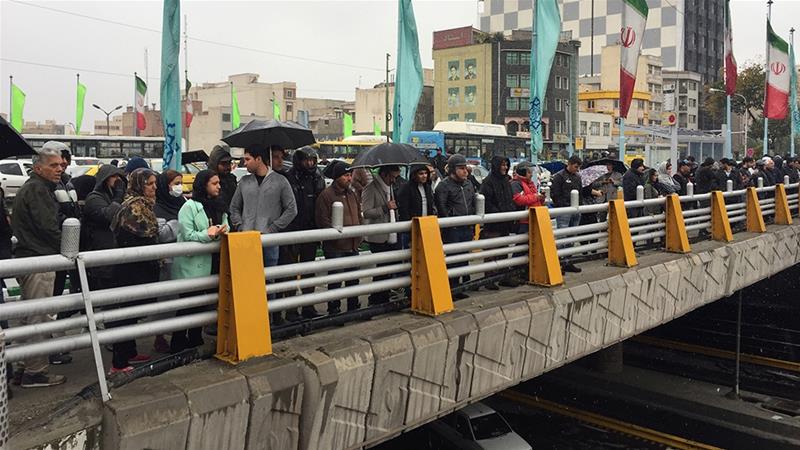


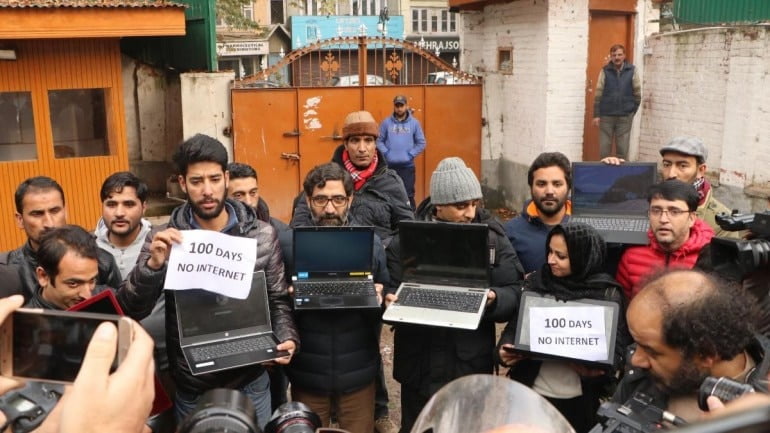

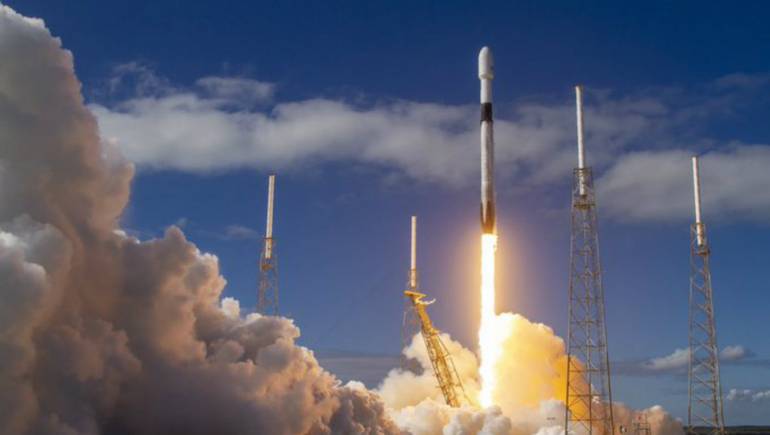

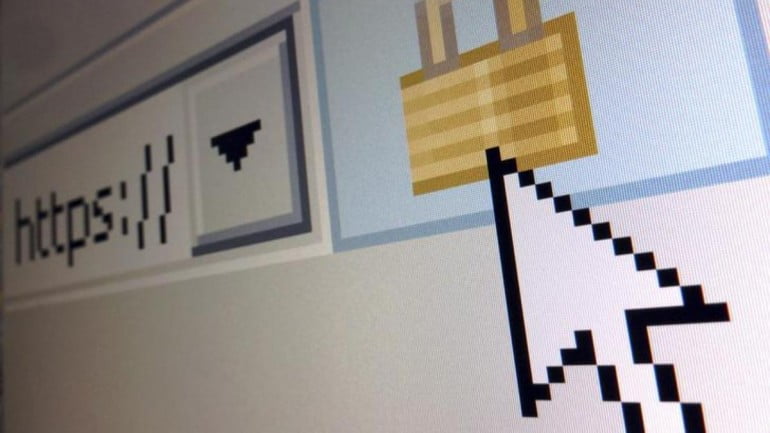

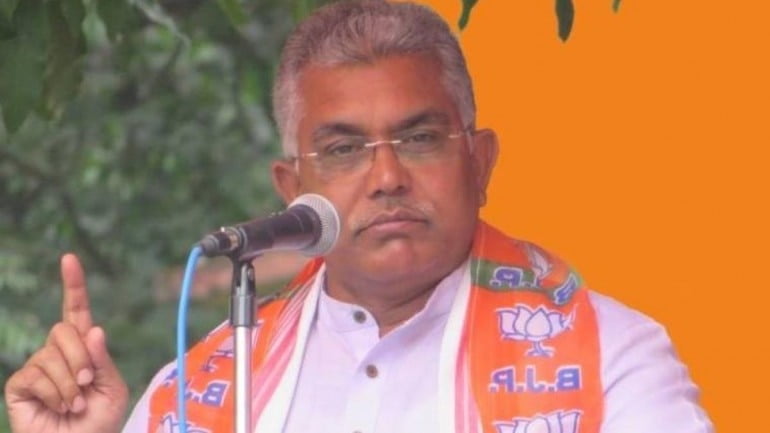

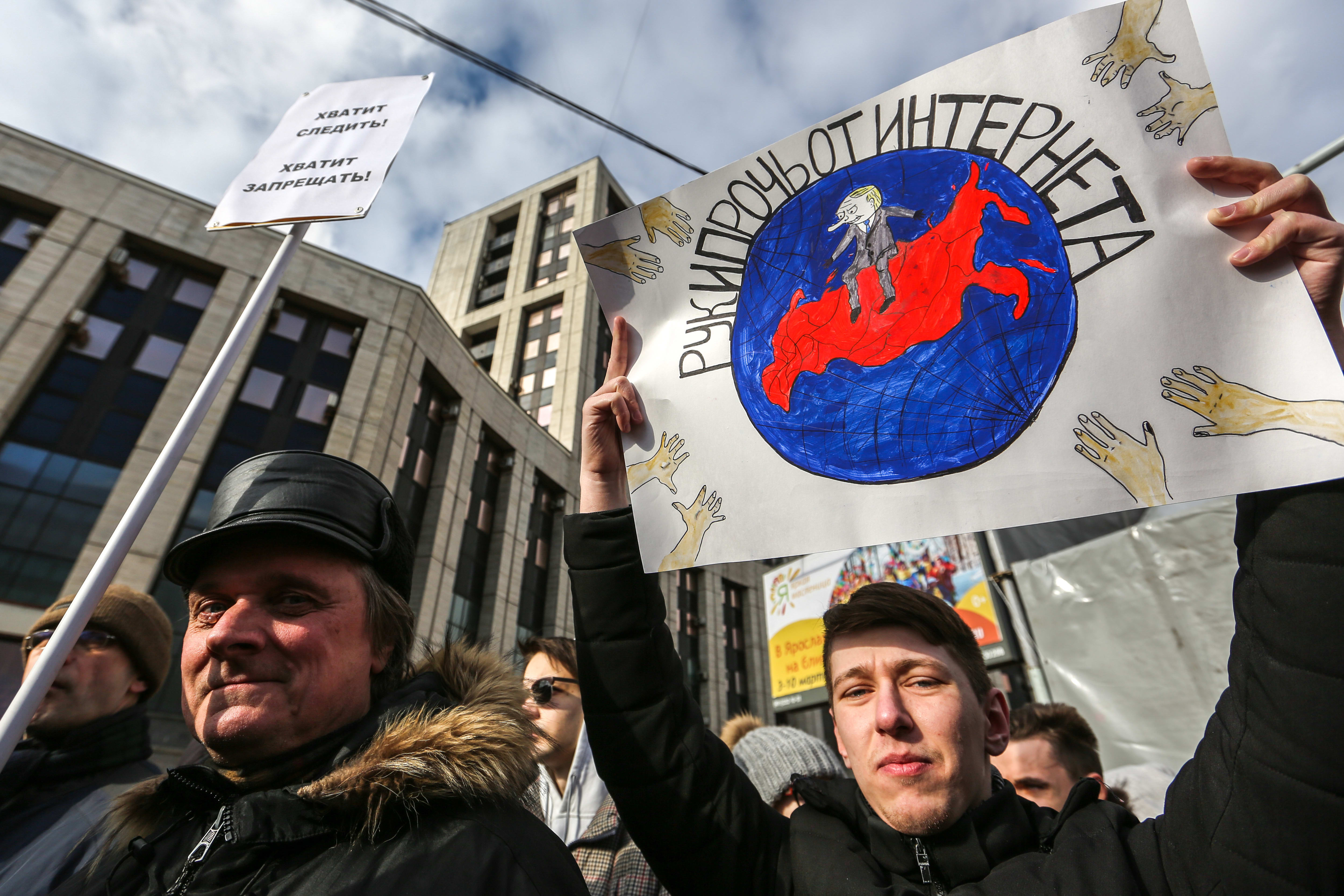

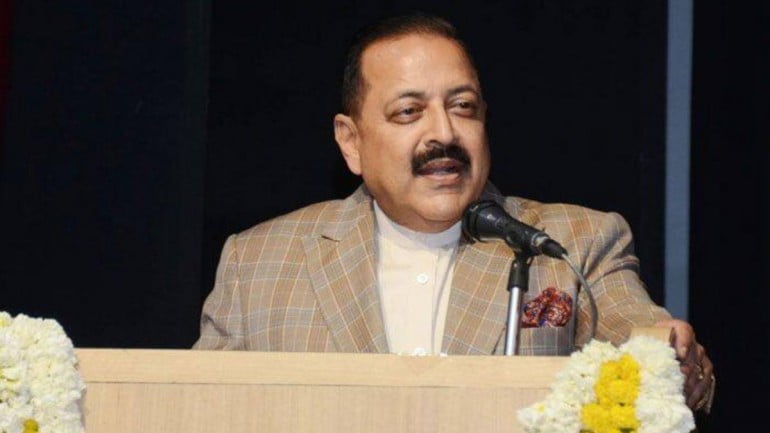
 Union Minister Jitendra Singh was speaking at separate meetings of the District Development Coordination and Monitoring Committee in Doda and Kishtwar districts of J&K. (Photo: PTI)
Union Minister Jitendra Singh was speaking at separate meetings of the District Development Coordination and Monitoring Committee in Doda and Kishtwar districts of J&K. (Photo: PTI)